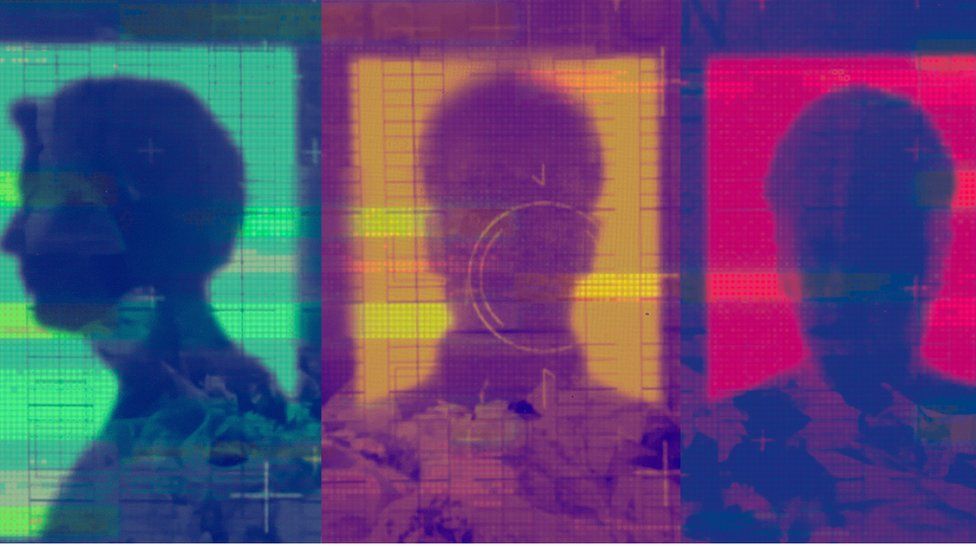President John F. Kennedy in the month of November 1963 was assassinated by Lee Harvey Oswald in Dallas, Texas and the ENTIRE WORLD mourned the loss of a GOOD MAN as he was perceived by the general public according to what the NEWS MEDIA wanted the general public to know about JFK.
I was living in Cairo, Egypt at the time and a classmate at the time called me on the telephone and told me what he had heard. I did not believe him but told my parents who made a few phone calls and confirmed what I had been told.
Interestingly, Martin Luther King Jr. made his famous I HAVE A DREAM SPEECH earlier that same year in August when my parents, brother, and I were traveling to Cairo, Egypt via several sightseeing stops in Europe after a 12 day ocean voyage across the Atlantic on Holland America's USS Constitution.
1963 was a transition year for me, my family, as well as ALL AMERICANS because that is the year when, like the song APPLE PIE (or When the Music Died) AMERICAN POLITICS DIED as well.
And, for a half century (53 YEARS) American Politics stopped being FOR THE PEOPLE and became FOR THE POLITICIANS and their hopeful perpetual re-elections. As Americans became FAT, DUMB, and HAPPY, the rest of the world like: the Middle East, Russia, China, Japan, Asia and India began to silently grow in population, technology, strength, power, and most importantly STEM education.
What did Americans do?
We smoked marijuana, snorted cocaine, inhaled meth by freebasing and drank more than our share of alcohol and food...
2016 is not the year and with more than unexpected alarm, a new President is elected but not by the popular vote but by the ELECTORAL COLLEGE which was put into the US Constitution by the Founding Fathers because they PERCEIVED that the American People could be manipulated... and, not only did this happen but our new President is a political outsider and a disdainful businessman who is a billionaire and exemplifies the heart and soul of our Capitalistic Free Market Enterprise Economic system...
What a crushing blow to the LIBERAL DEMOCRATS who theoretically are the party of the working class and the Middle Class who have no opportunity to achieve such wealth in their lifetimes, even though our advertising brochures for America refer to us as the LAND OF OPPORTUNITY.
And so the attacks begin and as our ECONOMY STRENGTHENS and grows beyond expectations, so too does the attacks on our President. THEN... the unimaginable happens and China releases a Pandemic and the ENTIRE WORLD is shutdown economically... and, even though President Trump listened to his health advisors, he is not only blamed for the Virus but is blamed for the destroyed US economy.
Whether the US changes in 2020 or 2024 is not the question... the question is not a question but a statement of fact... and, that fact is... at some point-in-time in the near future, America will change politically and that change will be dramatic and that change will put us into a position economically from which will MAY NOT BE ABLE TO RECOVER...
2030 will be the year to watch...
2050 will be the year that America is no longer even close to being a world power...
It does not take a brain surgeon to see this. All one has to do is perform an INTERNET SEARCH on Forecasts for 2030 and 2050 and read the results.
Here is an example for 2050
1. The world economy will double
2. The world population will double perhaps triple
3. China and India will have the greatest economies, the USA will be third or fourth behind Indonesia
4. Shortages of food and water will begin to emerge as problems
5. The global economy will shift towards China/India and away from NYC/Los Angeles
6. Technology will be the fastest growing industry
7. The USA will no longer lead the world in millionaires or billionaires
8. America's Colleges and Universities will not longer lead the world
9. America's military will no longer be the most powerful
10. China will be the most powerful country in the world
If you are 30, 40, or even 50 years old now, you will live long enough to see this happen....





















